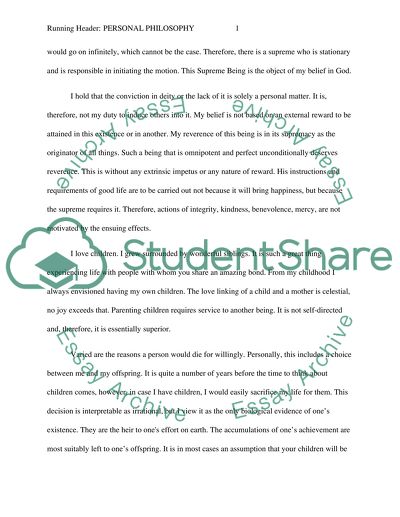Cite this document
(“Personal Philosophy Essay Example | Topics and Well Written Essays - 1250 words”, n.d.)
Personal Philosophy Essay Example | Topics and Well Written Essays - 1250 words. Retrieved from https://studentshare.org/philosophy/1440741-my-personal-philosophy
Personal Philosophy Essay Example | Topics and Well Written Essays - 1250 words. Retrieved from https://studentshare.org/philosophy/1440741-my-personal-philosophy
(Personal Philosophy Essay Example | Topics and Well Written Essays - 1250 Words)
Personal Philosophy Essay Example | Topics and Well Written Essays - 1250 Words. https://studentshare.org/philosophy/1440741-my-personal-philosophy.
Personal Philosophy Essay Example | Topics and Well Written Essays - 1250 Words. https://studentshare.org/philosophy/1440741-my-personal-philosophy.
“Personal Philosophy Essay Example | Topics and Well Written Essays - 1250 Words”, n.d. https://studentshare.org/philosophy/1440741-my-personal-philosophy.


